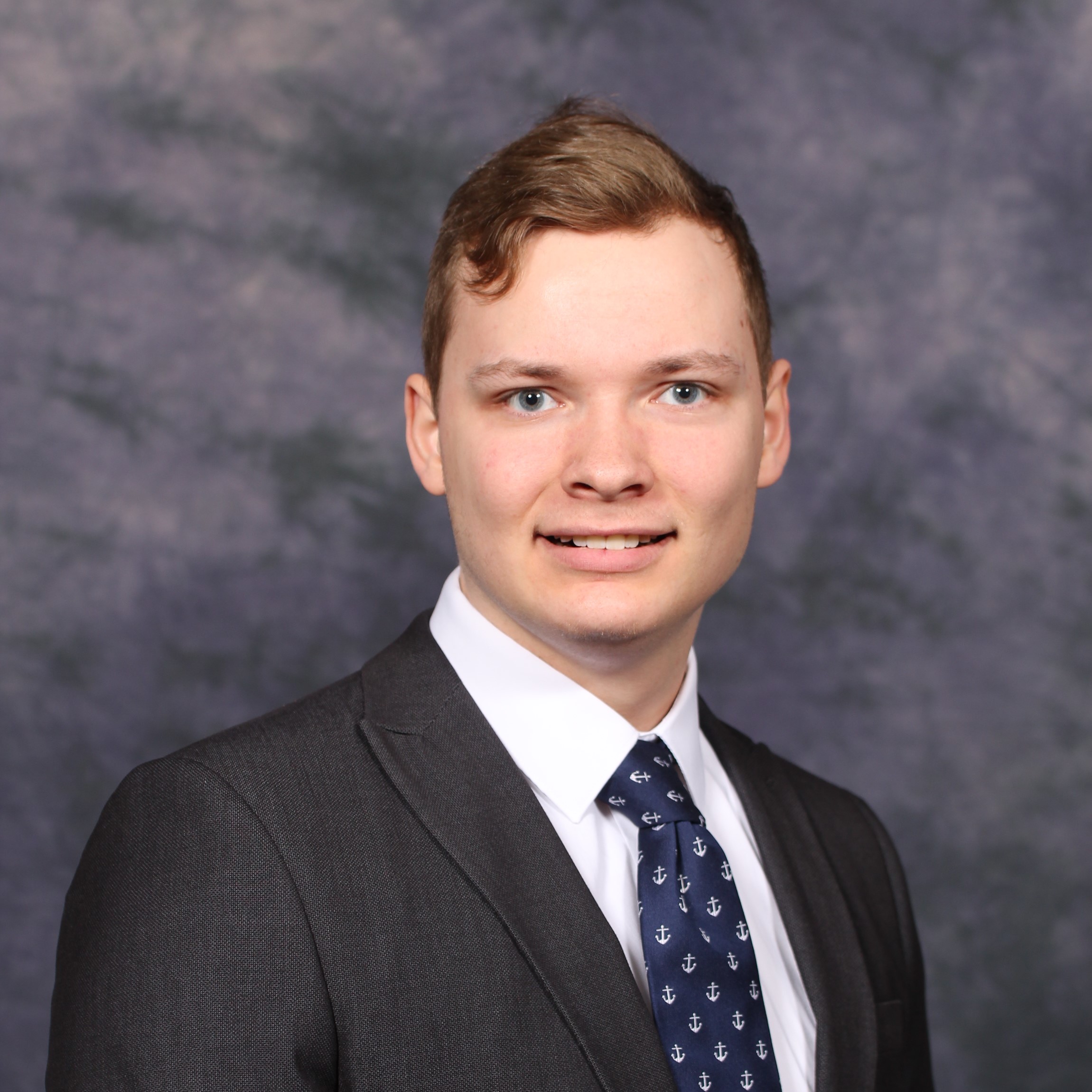Upcoming Events
HotCSE Seminar: Ben Wilfong

Name: School of CSE Ph.D. Student Ben Wilfong
Date: Wednesday, Oct. 8, 2025, at 12:00 p.m.
Location: Coda, 9th Floor Atrium (Google Maps link)
Lunch provided!
Title: Design, development, and analysis of a compressible fluid dynamics solver capable of exceeding one quadrillion degrees of freedom
Abstract: This talk presents an optimized implementation of the recently proposed information geometric regularization (IGR) for unprecedented scale simulation of compressible fluid flows applied to multi-engine spacecraft boosters. The work improves upon state-of-the-art computational fluid dynamics (CFD) techniques in terms of computational cost, memory footprint, and energy-to-solution metrics. Unified memory on coupled CPU-GPU or APU platforms increases problem size with negligible overhead on NVIDIA and AMD architectures. Mixed half/single-precision storage and computation on well-conditioned numerics is used. The resulting solver is capable of simulating flow at 200 trillion grid points and 1 quadrillion degrees of freedom, exceeding the current record by a factor of 20. This talk describes the tools and languages used to develop fast and portable code that leverages coupled CPU-GPU and APU architectures and summarizes performance results that demonstrate real-world usability and meaningful improvement over the current state-of-the-art.
Bio: Ben Wilfong is a fourth-year CSE PhD student in Spencer Bryngelson’s computational physics group. His current research interests focus on high-performance computing for modeling and simulation applications on the world’s fastest supercomputers. He is a core developer for the Multi-Component Flow Code (MFC), an exascale compressible multiphase and multipysics flow solver.
About HotCSE
HotCSE is an academic seminar series to bring Ph.D. students in Computational Science and Engineering together to discuss interesting topics. The topics consist of high-performance computing, machine learning, data analysis, simulation, computational sustainability, medical informatics, etc.
The talks have always been enjoyable and have ranged from quite informal to formal conference style talks. Either chalks or slides can be used to help people understand your talk. It is also a great forum to practice conference talks and bounce around new ideas.
Currently the talks are sponsored by the School of Computational Science and Engineering. The goal of CSE is slightly broader than that of these talks - we want to bring more people outside CSE to discuss their related work here.
Event Details
Media Contact
CSE Graduate Student Association
EVENTS BY SCHOOL & CENTER
School of Computational Science and Engineering
School of Interactive Computing
School of Cybersecurity and Privacy
Algorithms and Randomness Center (ARC)
Center for 21st Century Universities (C21U)
Center for Deliberate Innovation (CDI)
Center for Experimental Research in Computer Systems (CERCS)
Center for Research into Novel Computing Hierarchies (CRNCH)
Constellations Center for Equity in Computing
Institute for People and Technology (IPAT)
Institute for Robotics and Intelligent Machines (IRIM)